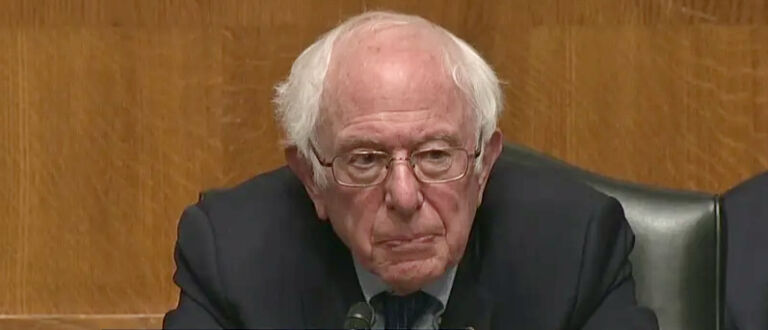I recently posted on the blog about a letter I signed on to encouraging Congress to continue a prohibition on any federal funds going towards the creation of a unique patient identifier. Here’s an excerpt from the blog post on what is the UPI:
A UPI would assign a patient number at birth for which the federal government would keep records. This idea was born under the Clinton administration and under the Health Insurance Portability and Accountability Act of 1996, the idea was mandated. At the time, Rep. Ron Paul stopped the UPI from being implemented by including an amendment in the 1999 appropriations bill, which stated that no funds might be used for a UPI.
That all changed this summer when Democrats included language for a UPI in their spending proposals. Given the privacy concerns, the Citizens Council for Health Freedom penned a letter to Congress to make sure they understood exactly what kind of effect this would have. Here is why I signed onto the letter encouraging Congress to reject any proposals that would create a UPI:
Why is the UPI such a bad idea? The simple answer is centralization. To centralize all American’s health care information into one federally run system would be catastrophic. The federal government would have access to all American’s medical data and could use it without consent. Individuals other than the physician may be making medical decisions based on the contents on one’s medical record. This would demolish the doctor-patient relationship. Also, the chances for large scale cyber attacks would increase substantially with so much valuable information stored in one place.
Well, Congress has listened! The UPI language was removed from all of the current spending proposals that are being considered to fund the federal government. This is a huge win for patient freedom and privacy. Kudos to Congress for once again stopping such a disastrous policy.


